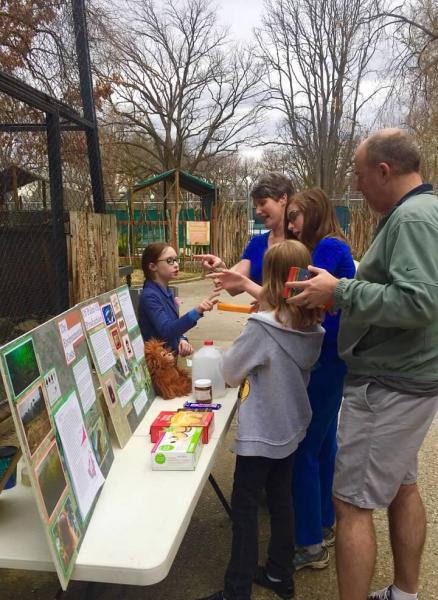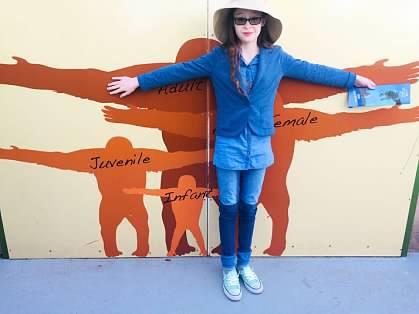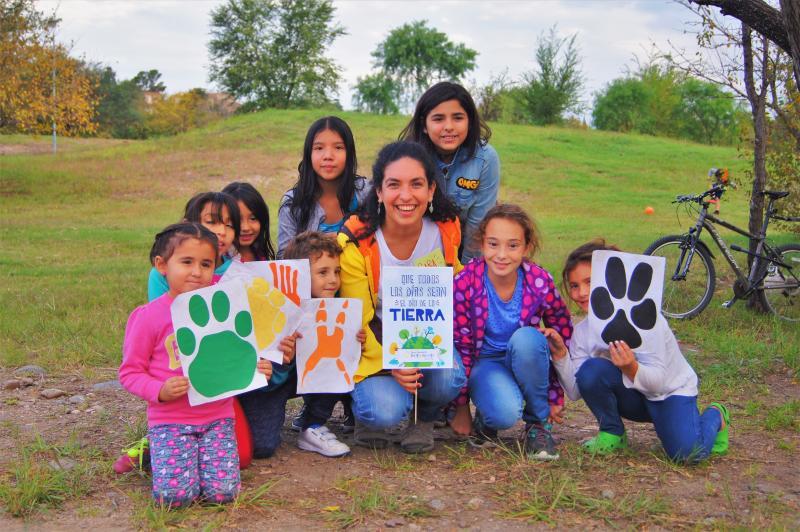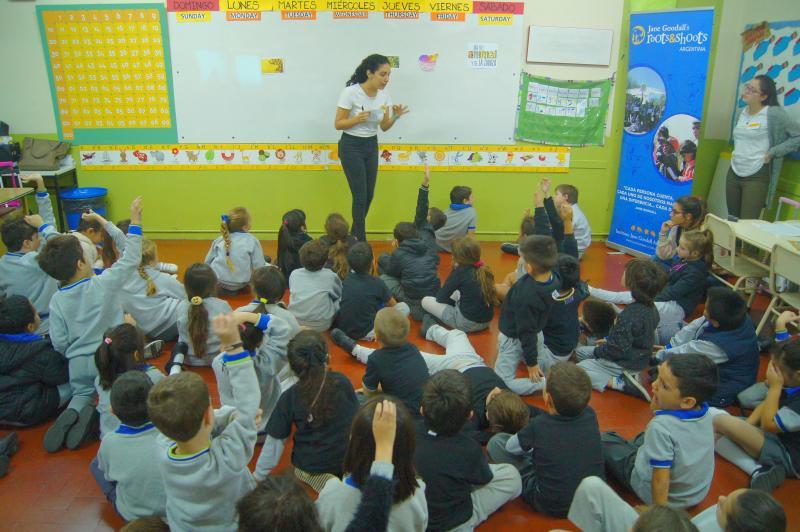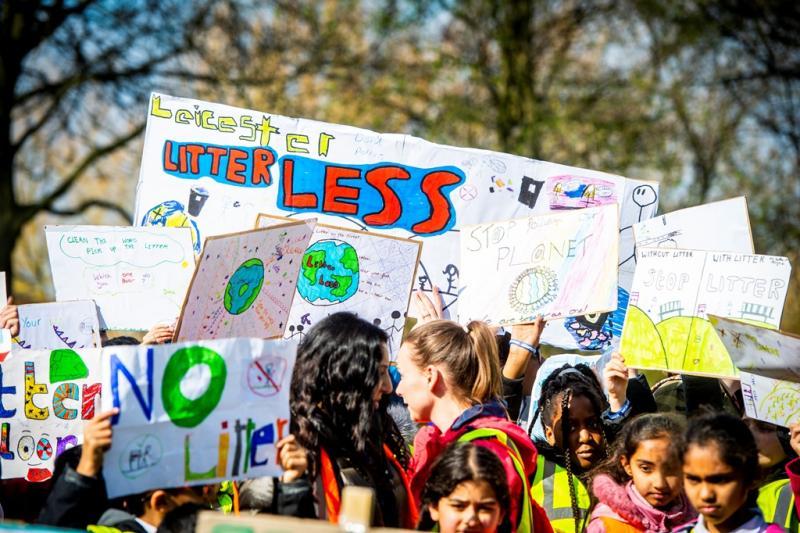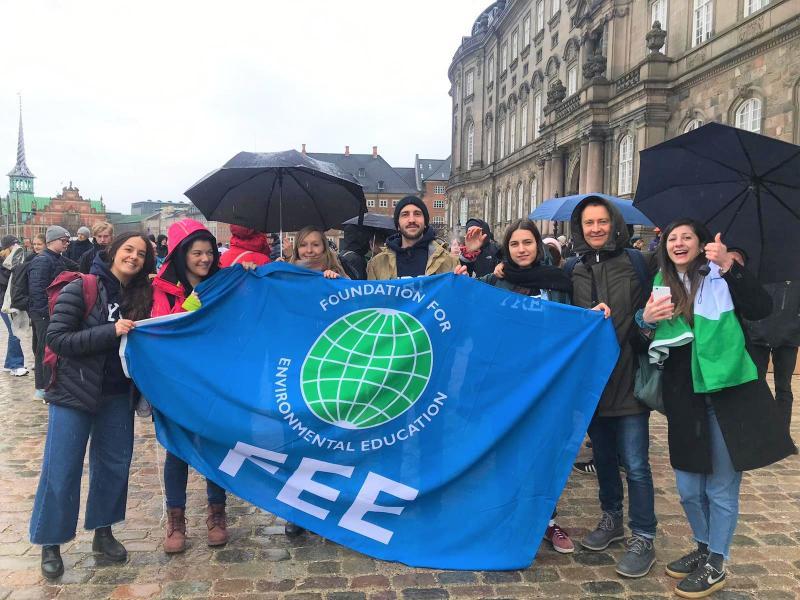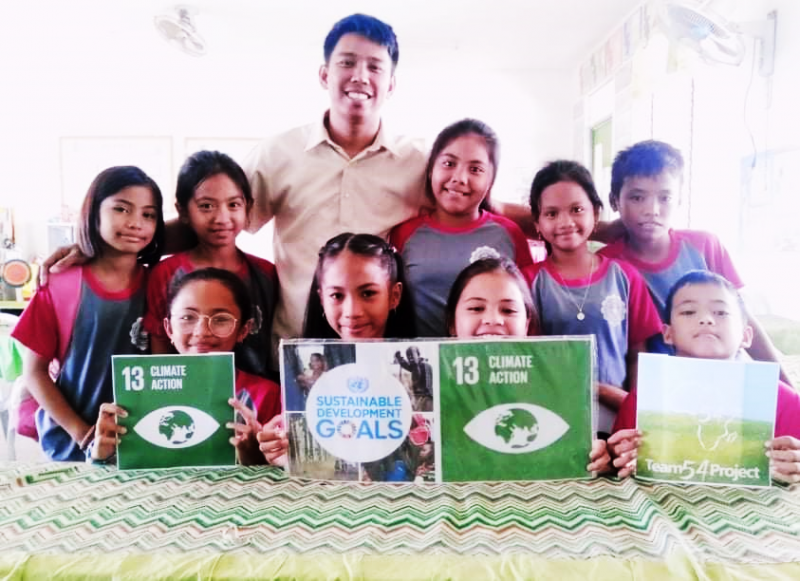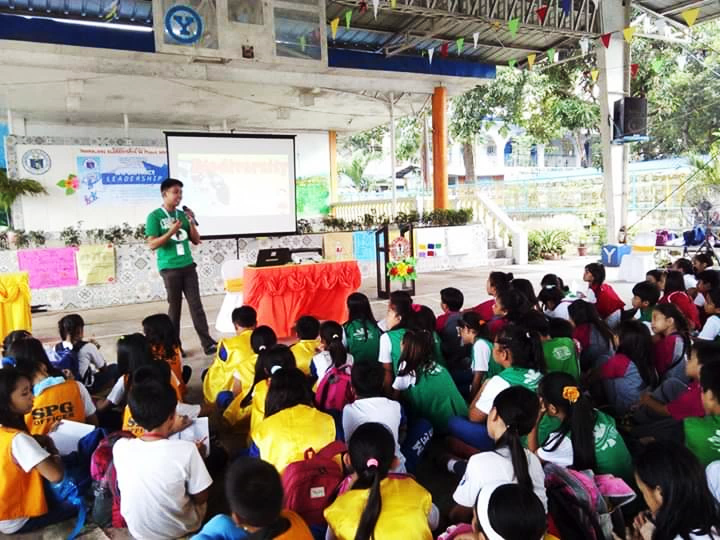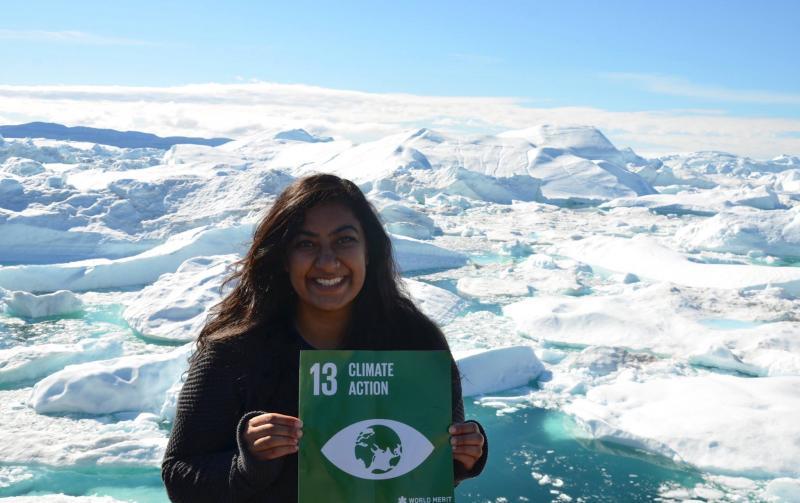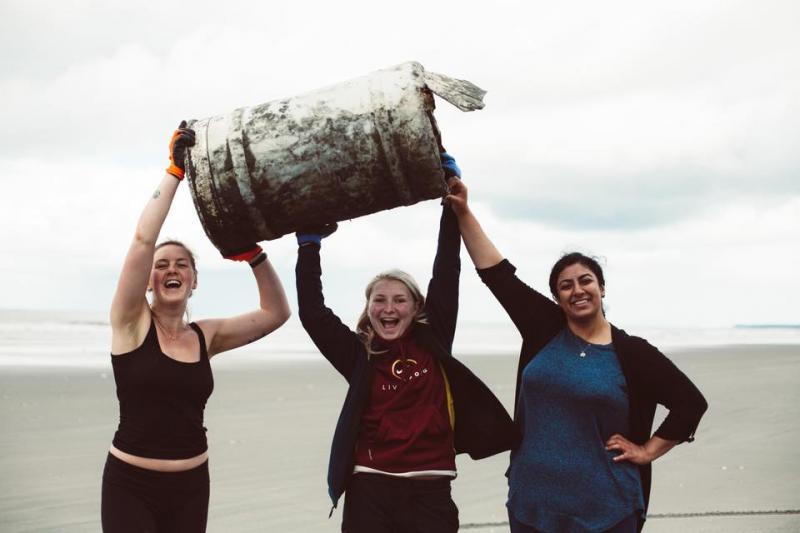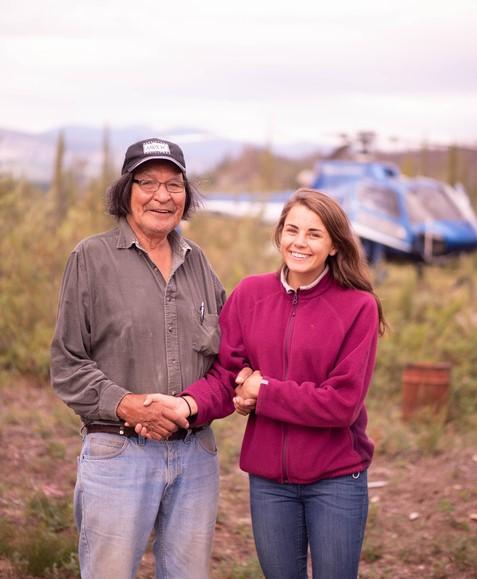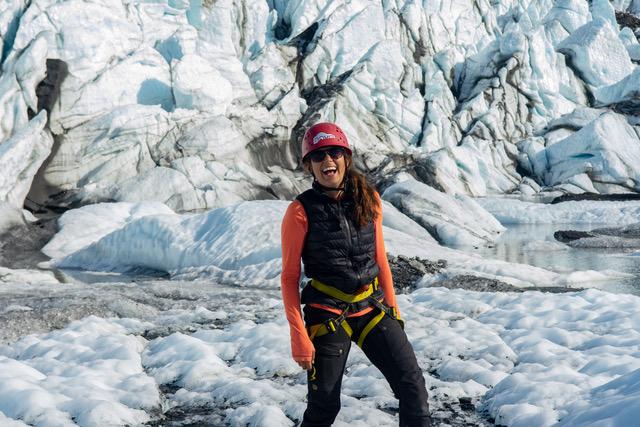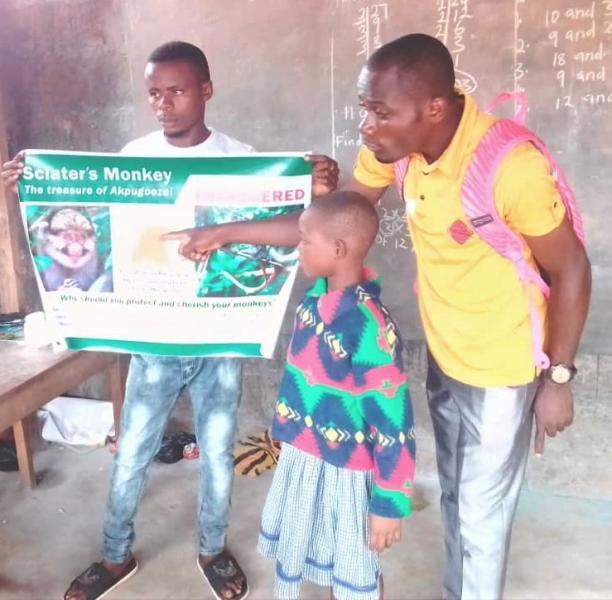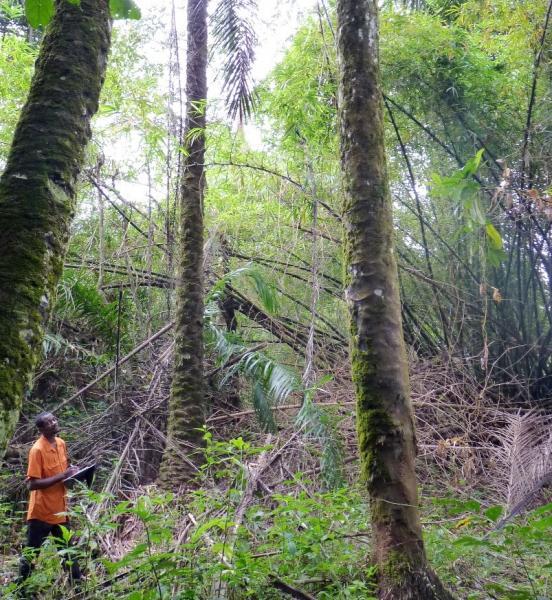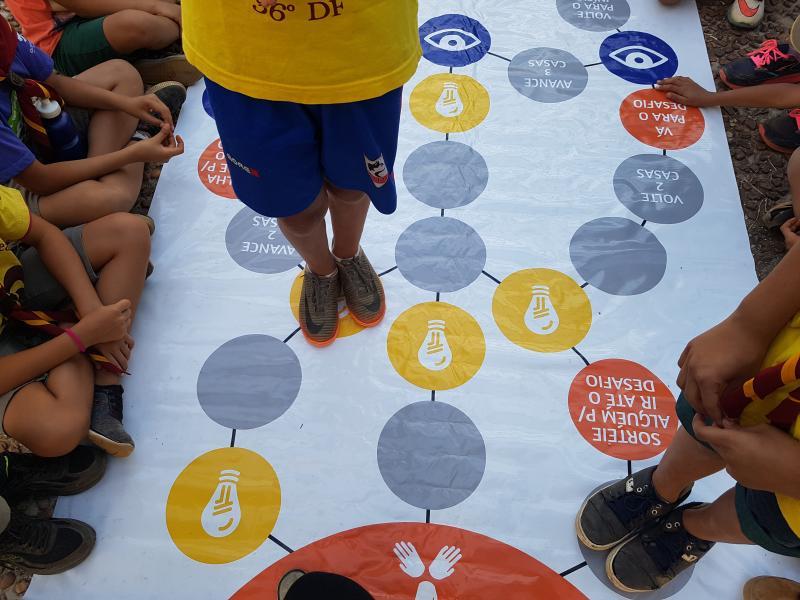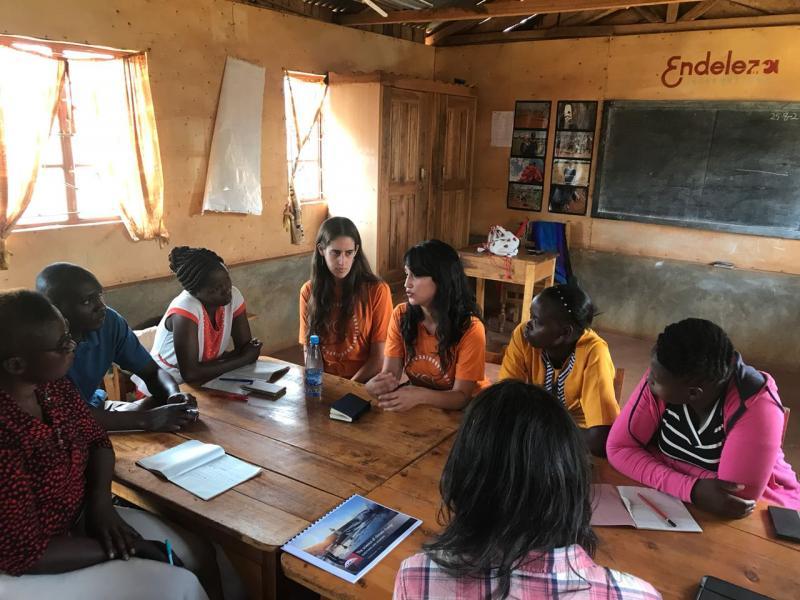Sean Russell
Long Bio
Englewood, FL, United States
2020 EE 30 Under 30 Changemaker Grant Project
Puerto Rico EarthEcho Water Challenge Ambassadors Initiative
This project will increase environmental literacy in select communities in Puerto Rico by building the capacity of 10 young leaders to serve as environmental educators, engaging their local community in citizen science and restoration efforts focused on improving the health of their local watersheds. Building on EarthEcho’s Water Challenge Ambassador program, and using a peer to peer education approach, the project will bring together student leaders from the mainland U.S., EarthEcho staff, and partners at the San Juan Bay Estuary Program, to train 10 Puerto Rican high school student leaders to monitor water quality through the EarthEcho Water Challenge, a global citizen science water monitoring effort. These Puerto Rico-based EarthEcho Water Challenge Ambassadors will gain leadership and project management skills by leading water quality monitoring efforts, a community-based water education/citizen science event, and watershed restoration projects.
**********
EE 30 Under 30 Biography
Sean empowers young leaders around the world to explore and protect our water planet, creating opportunities to amplify youth voices in environmental education, science, and conservation.
Tell us about yourself!
My work is at the intersection of environmental education and building youth leadership. I design and lead initiatives to empower young environmental changemakers, providing them with the tools needed to educate and engage their family, peers, and community members in protecting the planet. I am the program manager for the EarthEcho Water Challenge at EarthEcho International. This global citizen science program has engaged over 1.5 million participants from 146 countries, connecting young people around the world to their local waterways through water quality monitoring, providing a platform for them to share their data with a global audience, and equipping them with the tools to protect their water resources.
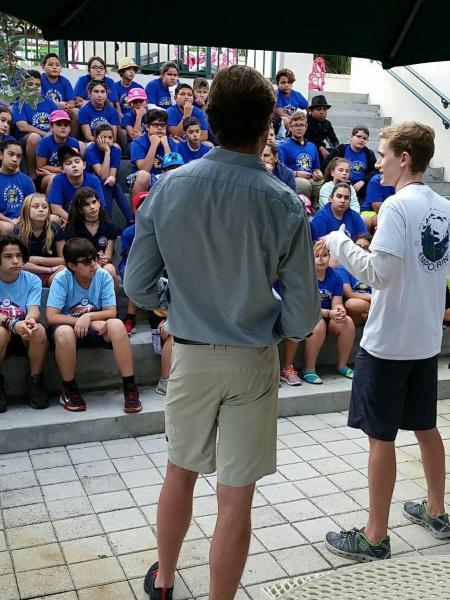
What inspired you to become a champion for environmental education?
My work in environmental education and conservation originated from experiences with my family. Exploring the marine and coastal environments of my home state of Florida and crossing the country camping in national parks all help build my connections to the natural world. My interest in environmental education grew further through my experiences with the Florida 4-H program and a high school internship at Mote Marine Laboratory. These experiences allowed me to learn more about marine and environmental science through a hands-on approach, and to share this knowledge with others in my community by leading outreach programs.
This led me to launch a youth-driven fishing line recycling project in high school, called the Stow It-Don’t Throw It Project. I created resources to educate youth across the country about the impact of plastic pollution and improperly disposed fishing lines, and helped them take action by making and distributing personal-sized fishing line recycling bins. Having the support of incredible mentors and conservation organizations with that program led me to my current work, focused on building opportunities for young people to step up as leaders in environmental education and conservation.
What advice would you give to the next generation of leaders that are looking to bring about positive change in their communities through EE?
The most important advice I would give a young person is to recognize they are never too young to be an environmental educator. I would encourage young leaders to find the conservation issue they are passionate about and identify opportunities to educate their family, peers, and community about it. It’s also important to remember that educational messages should be action- or solutions-based. It is not enough to simply share information about the environment and the challenges facing our planet. Young leaders must inspire others to take action by providing an opportunity for others to plug into their work to make a positive impact on the environment.
I would also encourage building partnerships by identifying organizations, other young people, and mentors who share the same passion and interest, and exploring opportunities to work together. Established environmental education organizations are often looking for new ways to engage with young people, so reaching out to explore collaboration opportunities is a great way to amplify reach and impact.
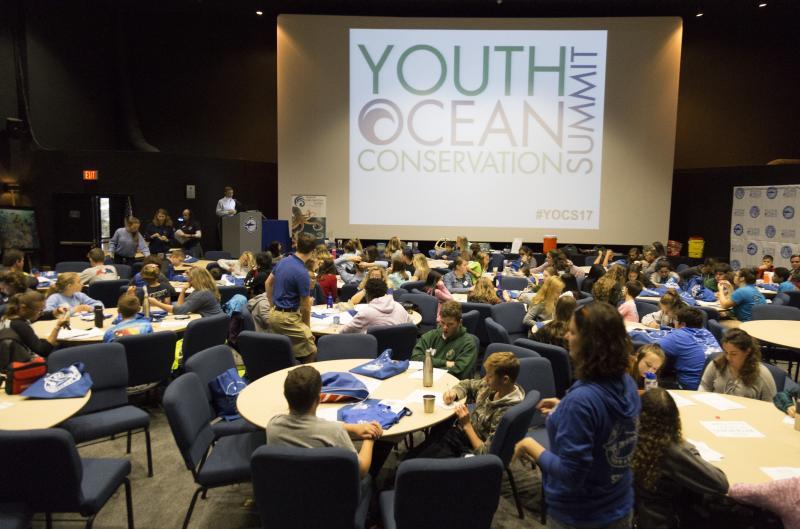
On a daily basis, I engage with incredible young people and their mentors from around the world who are educating their communities about environmental conservation issues, creating innovative solutions to the issues facing our planet, and raising their voices to ensure a more sustainable future. Learning from this amazing community continues to inspire my work and fuel my passion for environmental education. It has been an amazing experience to come full circle in this field – from being inspired as a participant in environmental education programs, to becoming a young professional leading programs to inspire the next generation of educators and conservationists.
If you could be any animal or plant, what would you be and why?
If I were an animal, I would be coral. Coral reefs provide structure and support for a diverse ocean ecosystem, and as a keystone species they are critically important to a variety of marine wildlife. As I lead environmental education programs, I aim to provide a support network for young people to learn about environmental issues, connect with fellow young conservationists, and gain support from mentors in this field. Like a coral reef’s role in the ocean, I hope to provide the structure needed to elevate youth in the fields of environmental conservation and education, while supporting their growth as they launch conservation initiatives.
SIGN UP FOR 30 UNDER 30 UPDATES
Country
UID
35792
